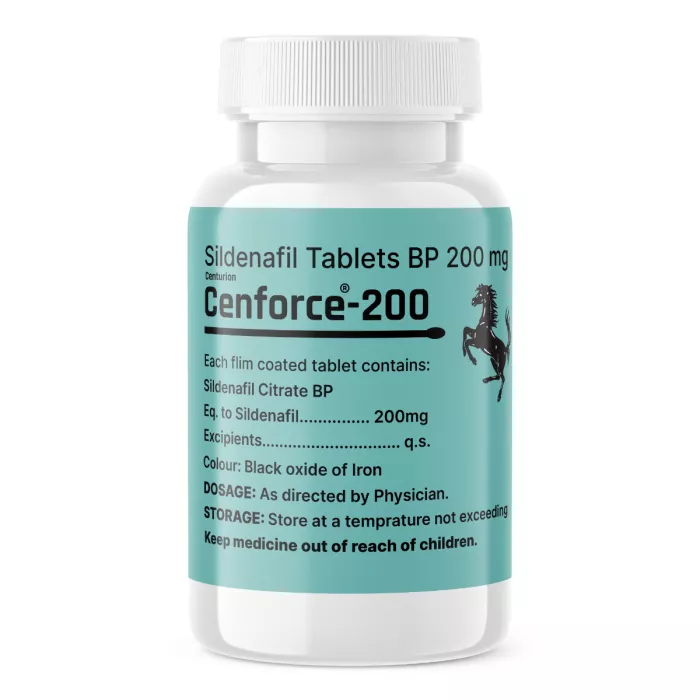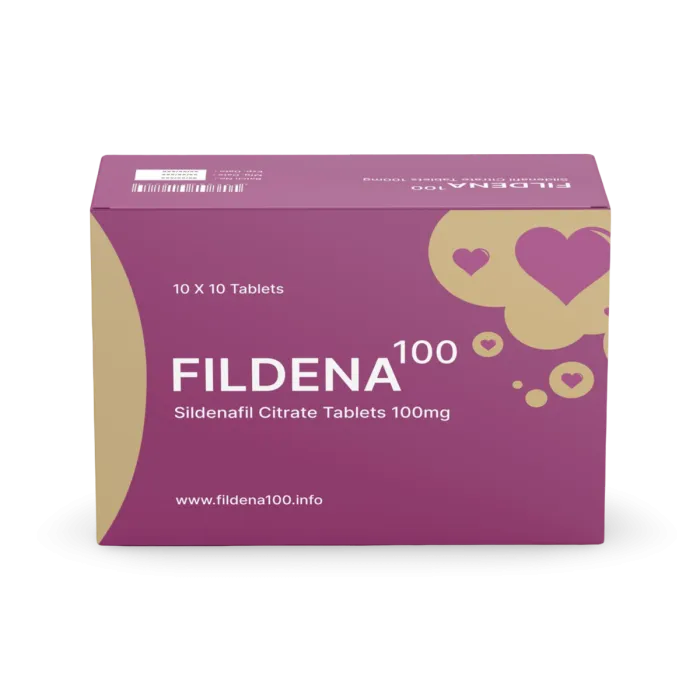Impotence is also known as Erectile Dysfunction (ED). It is a problem that affects a man’s ability to get or keep an erection firm enough for sexual activity. Though often misunderstood or considered a taboo topic, impotence is a widespread issue affecting several men worldwide.
It affecst not only your physical but also emotional health and relationships. But impotence is not just a part of aging. It is a condition that may arise from various physical, psychological, or lifestyle-related factors.
Observing the symptoms early and getting appropriate treatment can improve the quality of life. This article offers a detailed understanding of impotence, its causes, symptoms, diagnosis, treatment options, and preventive measures..
What is Impotence?
Impotence refers to the continuous inability to get or keep an erection satisfactory for sexual activity. While occasional difficulty is normal, frequent or ongoing problems may indicate Erectile Dysfunction. ED can occur at any age, but it is more common in men over the age of 40. However, it is not an inevitable consequence of growing older.
Save up to 90% on your medicine bills

Cenforce 200 mg

Kamagra Oral Jelly Rx 100 mg

Fildena 100 mg

Vidalista 60 mg
Common causes of Impotence
Impotence can result from both physical and psychological factors. Identifying the underlying cause is important for treatment.
Physical causes
Several health conditions can directly affect a man’s ability to achieve or maintain an erection. These are often linked to blood flow, nerve function, or hormone levels. These are:
- Cardiovascular diseases: Issues like High Blood Pressure, Atherosclerosis (clogged blood vessels), and heart disease can reduce blood flow to the penis.
- Diabetes: High blood sugar can cause harm to blood vessels and nerves, making it difficult to maintain an erection.
- Hormonal imbalances: Low Testosterone levels or thyroid issues can contribute to ED.
- Neurological disorders: Stroke, Parkinson’s disease, Multiple Sclerosis (MS), and spinal cord injuries may affect nerve signals involved in erections.
- Obesity: Being overweight increases the chances of Diabetes, vascular disease, and hormone imbalances, all of which can cause impotence.
- Substance abuse: Smoking, alcohol abuse, and recreational drug use can interfere with blood flow and nerve function.
- Certain medications: Medicines used to treat High Blood Pressure, Depression, Anxiety, and prostate conditions may cause ED as a side effect.
Psychological causes
The brain helps in triggering the physical processes that lead to an erection. Emotional and mental issues can disrupt this connection. It includes:
- Stress: High stress levels can interfere with brain signals that trigger erections.
- Anxiety: Performance anxiety or relationship worries can make the condition worse.
- Depression: Mental health problems like Depression can reduce sexual desire and function.
- Past trauma: Emotional or physical trauma can play a role in sexual dysfunction.
Lifestyle factors
Daily habits and personal choices can significantly affect erectile function, either helping or harming sexual health over time. These include:
- Lack of physical activity
- Poor diet
- Insufficient sleep
- Chronic fatigue
Signs and symptoms of Impotence
The primary symptom of impotence is difficulty getting or keeping an erection. Other signs may include:
- Reduced sexual desire
- Delayed or Premature Ejaculation (PE)
- Trouble maintaining an erection during intercourse
- Anxiety related to sexual performance
- Relationship issues stemming from sexual difficulties
It is important to note that these symptoms can vary from person to person. If they persist for several weeks or months, it’s time to seek medical advice.
Diagnosis
Diagnosing ED involves understanding the patient’s medical history, lifestyle habits, and psychological condition. A healthcare provider may perform:
- Physical exam to check for signs of poor circulation, nerve damage, or hormonal issues.
- Blood tests to measure Testosterone, cholesterol, and blood sugar levels.
- Urine tests to detect Diabetes or other health problems.
- Ultrasound is done to examine blood flow to the penis.
- Psychological evaluation to assess emotional factors like stress, Anxiety, or Depression.
Being open and honest with the doctor helps in identifying the root cause and deciding on the right treatment.
Treatment options for Impotence
The good news is that impotence is treatable at any age. The treatment depends on the cause and the patient’s overall health.
Oral medications: These are the first line of treatment for ED. They increase blood flow to the penile area, which helps men get and keep an erection when sexually stimulated. Some common ED pills are:
- Sildenafil (Viagra)
- Tadalafil (Cialis)
- Vardenafil (Levitra)
- Avanafil (Stendra)
These help in improving blood flow to the penis. They are effective for most men but should be taken under a doctor’s supervision, especially if the patient has heart conditions or takes Nitrates.
Lifestyle changes: Simple changes in daily life can have a powerful impact on erectile function. These improvements are:
- Regular exercise improves blood circulation and stamina.
- A healthy diet supports hormonal balance and cardiovascular health.
- Quitting smoking and reducing alcohol can restore sexual function.
- Weight loss can lower the chances of Diabetes and improve Testosterone levels.
Vacuum Erection Devices: A Vacuum Erection Device (VED) is a non-invasive tools that create a vacuum around the penis to suck blood into it. A rubber ring is then put at the base to maintain the erection during intercourse.
Counseling and therapy: If psychological issues are leading to ED, talking to a therapist will help. Cognitive-Behavioral Therapy (CBT) and sex therapy are useful in reducing anxiety, improving self-esteem, and enhancing intimacy.
Hormone therapy: If low Testosterone is diagnosed, hormone replacement therapy may be suggested. However, it should be done under strict medical supervision due to potential side effects.
Penile injections: Medications like Alprostadil can be directly injected into the penis to get an erection. Though effective, it requires proper training and is usually recommended when oral medications don’t work.
Surgical options: For severe or persistent ED, penile implants or vascular surgery might be considered. These are typically last-resort treatments when all other methods fail.
Can Impotence be prevented?
While not all cases of impotence can be prevented, adopting a healthy lifestyle goes a long way in reducing the risk.
Tips to prevent ED:
- Exercise regularly
- Eat a diet containing vegetables, whole grains, fruits, and lean proteins
- Maintain a healthy weight
- Control blood pressure, cholesterol, and blood sugar
- Limit alcohol and avoid smoking
- Manage stress through yoga, meditation, or hobbies
- Get adequate sleep
- Have open communication with your partner
When should you see a doctor?
It is important to consult a doctor if:
- Erectile problems last for more than a few weeks.
- There’s a noticeable drop in sexual desire.
- You have other health issues, like Diabetes or heart problems.
- You’re experiencing relationship difficulties due to sexual performance.
Early medical attention not only improves sexual health but may also detect underlying health issues that need treatment.
Conclusion
Impotence is more than just a physical condition; it can deeply affect a man’s confidence, emotional health, and intimate relationships. While it is common and becomes more likely with age, it is not something you have to live with silently.
Understanding that impotence can occur because of a number of causes, be it physical, psychological, or lifestyle-related, is the first step toward effective management.
The good news is that impotence is highly treatable.
With timely diagnosis and the right combination of medical support, healthy habits, and open communication, most men can regain full sexual function and improve their quality of life. Whether it’s through medication, lifestyle changes, therapy, or medical devices, treatment options today are safe, proven, and increasingly accessible.
Don’t ignore the signs or delay seeking help. By taking action early, you not only protect your sexual health but also support your overall well-being.

Frequently Asked Questions
Does cannabis cause Impotence?
Cannabis may affect sexual performance in some men. While occasional use might not cause issues, regular or heavy use can disrupt hormone levels, reduce testosterone, and impair blood flow. It may also affect sexual desire and erectile function over time. Effects vary by individual and usage pattern.
Can cycling cause impotence in men?
Yes, long-distance cycling on a narrow seat may put pressure blood vessels and nerves in the pelvic region, affecting blood flow to the penis. Using a padded seat, proper posture, and taking breaks during rides can help reduce the risk of cycling-related erectile issues.
Does watching porn affect erectile function?
Yes, excessive porn consumption may lead to unrealistic expectations or psychological desensitization, potentially causing performance anxiety or reduced arousal with a partner. While not a direct cause of impotence, it can contribute to psychological factors that influence sexual performance in some men.
Can dehydration cause impotence?
Yes, dehydration can reduce blood volume and circulation, making it harder to achieve an erection. It may also increase stress hormone levels like cortisol, which can interfere with sexual arousal. Staying hydrated supports health, including proper blood flow and hormonal balance needed for sexual function.
Cheap Medicine Shop only refers to credible, authoritative sources for our content. If you’re curious about how we ensure the integrity of our content, we encourage you to read our Content Information Policy.














